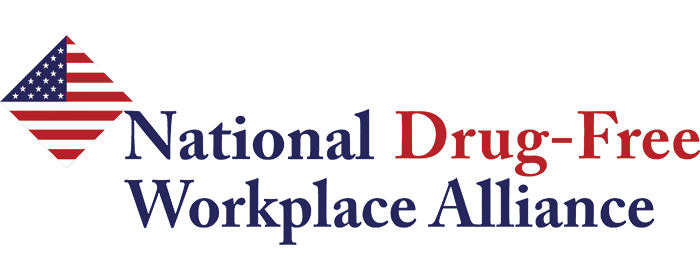A recent CDC report reveals distressing trends in drug overdose deaths, spotlighting the heightened vulnerability of construction and restaurant workers in 2020. The study, analyzing data from 46 states and New York City, emphasizes the disproportionate challenges faced by specific sectors in the U.S. workforce.
Construction...










